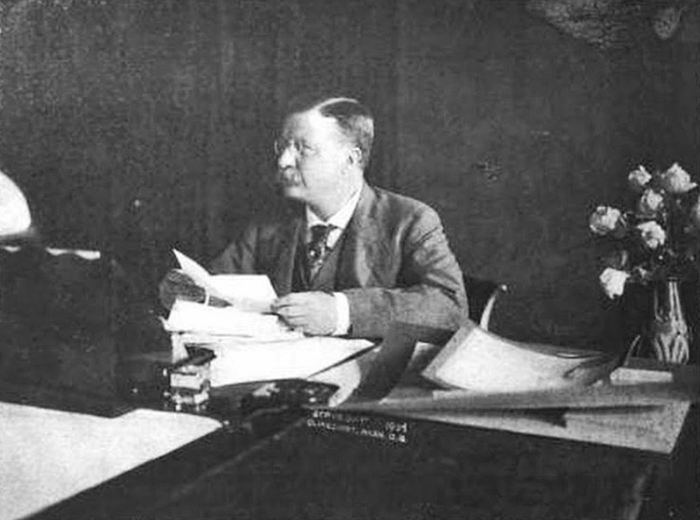Theodore Roosevelt is renowned for being the first modern President of the United States. The influence and stature that the office now has today began with Theodore Roosevelt’s leadership. In the second half of the 1800s, the most powerful branch of the United States government was the Congress. And even if the Presidency began to accumulate more power at the beginning of the 1880s, Roosevelt was the one who completed the transition into a practical and strong executive. He’s responsible for making the President, not just the Congress or political parties, the central branch of American politics.
How Did He Do It?
Roosevelt was able to give the Presidency this much power through his aggressive executive action and strong personality. Roosevelt believed that the President should have the right to use any powers unless they were explicitly deprived of him. Roosevelt believed that a president has to maintain a unique relationship and unending responsibility to the people, which is why he had an urge to challenge the prevailing notions of limited individualism and government. Roosevelt believed that the president should serve as an agent of improvement for the people.
Theodore Roosevelt’s Presidency showered the progressive movement with credibility. He shared the White House’s prestige to government regulation, welfare legislation, and the conservation movement. His desire to create a more equitable society with economic possibilities for all Americans was all made possible through Roosevelt’s programs. Aside from this, Theodore Roosevelt was also able to change the government’s relationship into a big business. Theodore Roosevelt believed that the government should also have the right and responsibility to control big business so that its actions will not affect the general public.
Roosevelt also managed to revolutionized foreign affairs, and he believed that the country had a global responsibility. Roosevelt also wants America to have a robust foreign policy that will serve the country’s national interest. He did not hesitate to become involved in Latin America when he oversaw the Panama Canal negotiations. He did this to advocate for U.S. interests, and he intervened in Venezuela and Santo Domingo to help them preserve stability in their region. Theodore Roosevelt also worked with Congress to help reinforce the U.S. Navy, which he believed would prevent potential enemies from targeting the country. Roosevelt also put his energies into negotiating peace agreements while working to balance power worldwide.
Even after Roosevelt left the office, he continued to work for his beliefs. In 1912, the Progressive Party’s New Nationalism movement launched a drive that protected federal regulation. He also managed to look forward to the progressive movements that happened in the 1930s and the 1960s. It is undeniable that Roosevelt’s advanced platform helped encompass most progressive ideals that were later protected in the Fair Deal of Harry S. Truman, the New Deal of Franklin D. Roosevelt, the Great Society of Lyndon B. Johnson, and the New Frontier of John F. Kennedy.
When it comes to presidential style, Theodore Roosevelt added charisma into the political equation. He always maintained a strong rapport with the public, and he took the time to understand how to use the power of media to help shape public opinion. Theodore Roosevelt was the first American President whose election was created more on the individual appeal than the political party. In 1904, when people voted Republican, they were mostly casting their vote for Roosevelt as an individual instead of being the standard-bearer of the Republican Party. Until today, Theodore Roosevelt remains one of the most popular presidents up to his time. Theodore Roosevelt was able to use his enthusiasm to earn votes, mold opinions, and shape issues. By doing what he believed is best, Theodore Roosevelt also managed to change the executive office forever.

